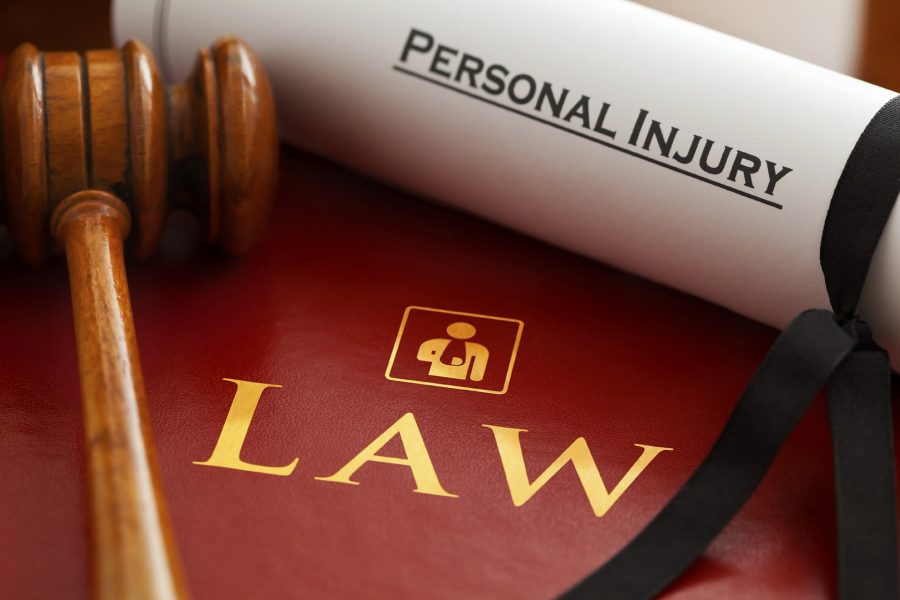What Damages Can You Win in a Personal Injury Case?

Being the victim of a personal injury isn’t just a temporary setback or a casual inconvenience. For millions of people, it’s a life-changing experience, and not for the better. Fortunately, with a solid personal injury lawyer on your side, you have the potential to win damages, compensating you for this negative experience.
But what damages can you possibly win? And how can you maximize the potential payout?
Navigating a Personal Injury Case
First, you should understand how to navigate a personal injury case. The most important step in your personal injury case will be talking to a personal injury lawyer. As soon as possible after the accident, get in touch with your lawyer and review the initial details of the case with them. They’ll be able to advise you on every aspect of the legal situation; they can help you understand your chances of winning a lawsuit, the important evidence to gather, and the next steps of the process.
In many cases, you’ll negotiate with an insurance company, an individual, or an organization to obtain a settlement offer out of court. If these negotiations fail, or if the case is more complicated, you may have to take the case to trial. In any case, the amount of money you receive will depend on several factors.
Potential Damages
These are the primary types of damages you can be awarded in a personal injury case:
- Medical treatment. The most obvious and most important form of awarded damages is compensation for your medical treatment. In the course of recovering from the accident, you may end up at the hospital. You may have many follow-up appointments, including physical therapy, you’ll have prescriptions, and several other additional expenses. Ideally, personal injury damages will cover all of these expenses in full.
- Property damage. You can also be awarded compensation for damage to your property. This is especially important in vehicular accidents, where your vehicle may be totaled. Any personal property you own that has been damaged in the accident can and should be compensated.
- Subjective pain and suffering. You may win damages for your pain and suffering as well. This can be hard to calculate since it’s somewhat subjective, but a competent lawyer will fight to maximize this potential payout. You’ll win more money in a settlement if you experienced significant pain or misery in the accident or in your recovery thereafter.
- Loss of earnings. If your personal injury prevents you from working, or if your course of recovery interferes with your career, you may also be entitled to compensation for your lost earnings. Depending on your previous working status and the nature of your job, this may be difficult to calculate accurately.
- Loss of enjoyment and emotional distress. Similar to pain and suffering, you may be able to win damages based on your loss of enjoyment and/or emotional distress. For example, you may suffer a bout of depression if you lose mobility or have to go through physical therapy after the accident. You may also suffer symptoms of post-traumatic stress disorder (PTSD) for months, or even years after the accident, compromising your quality of life and preventing you from doing the things you love.
- Loss of consortium. In tort law, loss of consortium refers to the loss of benefits associated with a familial relationship due to the injuries or death of a family member, usually a spouse. If your spouse is hurt or killed in the accident, you may be entitled to additional damages.
- Punitive damages. Sometimes, defendants are also tasked with paying punitive damages. Rather than compensating you for a calculated loss, these damages are meant to punish the defendant for their negligent actions – and potentially prevent them from repeating the same mistakes in the future.
What Factors Can Affect Damages?
How can these damages change?
- Comparative negligence. In different states, negligence is considered in different ways; in some areas, fault is pinned on a single party, but in other areas, some accidents can be the fault of multiple people at once. If you’re 30 percent responsible for an accident, you may not be compensated for all the expenses you’ve incurred.
- Evidence strength. Weak or insufficient evidence may compromise your payouts in some areas; for example, if you can’t prove your medical expenses, you may not be compensated for them.
- Damage caps. In some states, there are damage caps that set a hard limit to the amount of damages you can win.
Even if you suffered a grievous injury as a direct result of someone else’s actions, a payout is not a guarantee. Lack of evidence, contradictory evidence, and other complicating factors could stand in your way. That said, with a solid attorney on your side, you’ll have a much greater chance of winning the compensation you deserve.